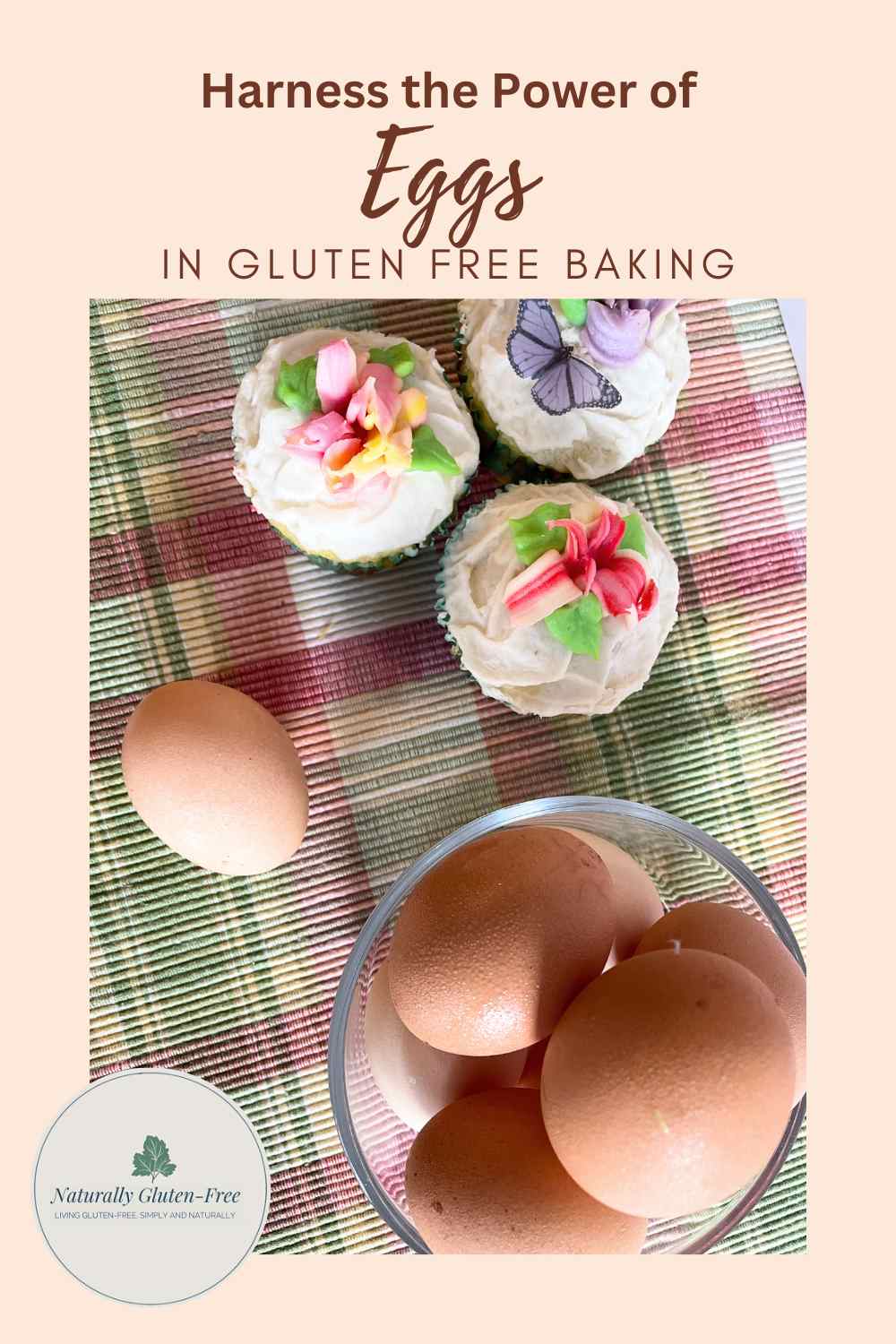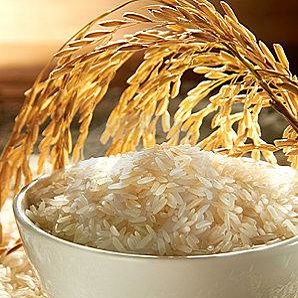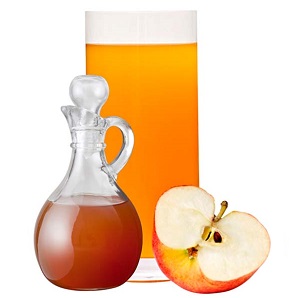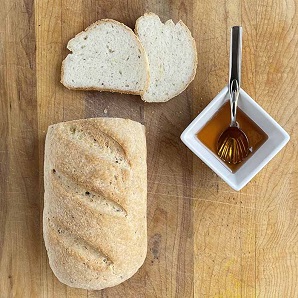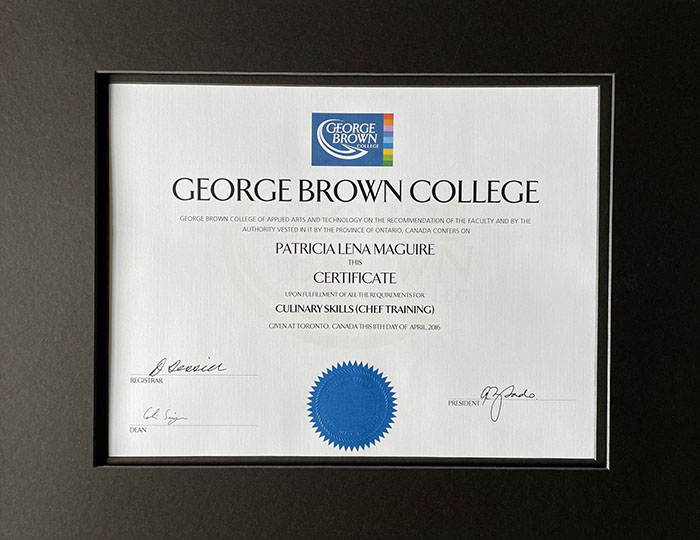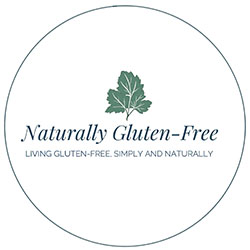- Home
- Gluten-Free Baking
- Egg in Gluten Free Baking
How to Harness the Power of Eggs in Gluten
Free Baking
If you're new to this gluten free thing and trying to get your head around baking without gluten, understanding the role of eggs in gluten free baking will be a big help.
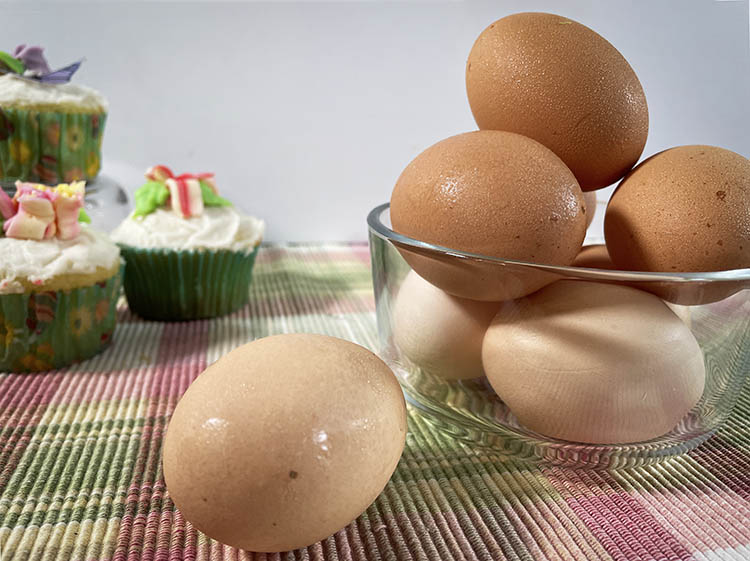
Eggs in Your Gluten Free Diet
Are Eggs Gluten Free?
Yes, eggs are naturally gluten free.
Gluten is a protein that is found in wheat, rye, and barley. It causes some people with specific conditions like celiac disease or non-celiac gluten sensitivity (NCGS) to have negative reactions.
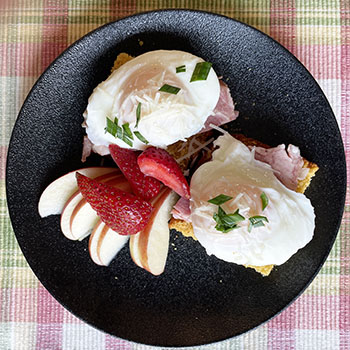
Some people worry about eating eggs or meat from a chicken that eats grains that contain gluten. This is not a problem. The chicken’s digestive system breaks down the protein and gluten does not pass through to the eggs or meat.1
So, you can use eggs in your gluten free baking without having to worry about what the chicken eats. There is some evidence that the chicken’s diet affects the nutritional content of the egg2 and you may wish to buy organic or free range eggs for your own ethical reasons. I support this, but when it comes to gluten, it doesn’t matter.
Are Eggs a Healthy Part of a Gluten Free Diet?
Yes, eggs can be a big part of your naturally gluten free healthy diet. One large egg has about 7.5 grams of protein, along with vitamin D, B12 and B23. These are all nutrients that people with celiac are often deficient in.
You may find that eggs become a bigger part of your diet once you go gluten free. People on a gluten free diet often try to eat less processed foods and this may mean less cereal and bread products. So, what does that leave for breakfast? If you don’t have a food intolerance to eggs, they may fill in that gap nicely.
Eggs in Gluten Free Baking
What Do Eggs Do in Gluten Free Baking?
Eggs provide moisture, structure, and rising power in baked goods.
In gluten free baking, structure and rising power are a challenge because that’s what gluten does. Gluten is stretchy and it forms a membrane that holds in trapped gas. This is why baked goods made with wheat flour puff up nicely and hold their shape. Take away the gluten and you need something else to take its place. Eggs can help.
If you want to see the power eggs have in gluten free baking, check out this mini egg muffin recipe. It’s just whisked up eggs with some garnish baked in the oven. No baking powder or any other leavening agent yet the eggs puff up beautifully. They do the same thing when they are part of a cake or muffin recipe.
Do Gluten Free Baking Recipes Need More Eggs?
Yes, gluten-free recipe often call for additional eggs to add structure and height to the finished product.
Gluten free baking recipes do 3 things to replace the rising power of gluten:
- They use more leaveners like baking powder, baking soda or yeast.
- They use emulsifiers like xanthan gum or guar gum.
- They use more eggs.
America’s test kitchen in their book How Can It Be Gluten Free, says that almost every recipe in the book calls for an extra egg “because the [gluten free] flours and starches are not able to form the strong, elastic bonds necessary for structure and height.”4 They even add eggs to recipes that don’t traditionally call for eggs.
Want to learn a cool Gluten-Free Baking Hack that will totally upend the way you think about baking forever?
This little-known secret will give you lighter cakes and fluffier pancakes and you won't even need to buy any special ingredients!
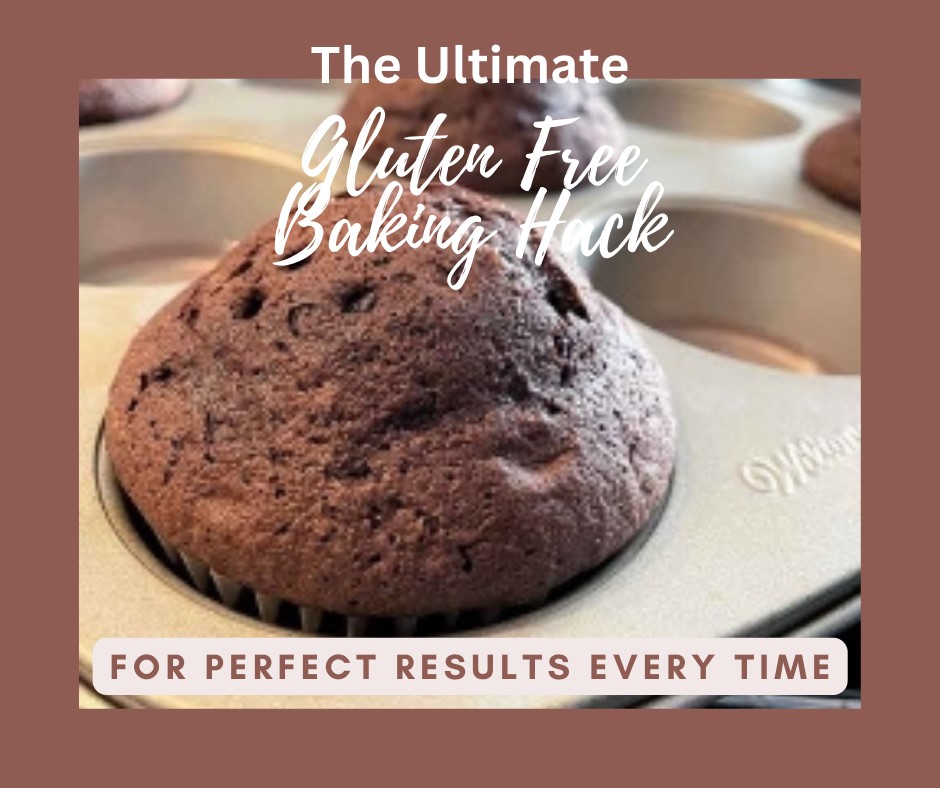
The Test – Do Eggs in Gluten Free Baking Make a Difference?
You know I like to test these things out for myself, so you and I can both see real results.
I decided to compare gluten free biscuits made with real egg versus egg replacer.
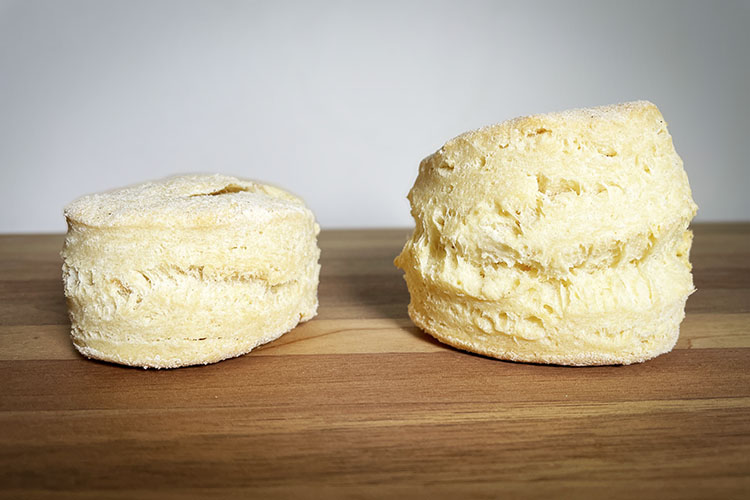 The biscuit on the left is made with egg replacer. The biscuit on the right is made with real egg.
The biscuit on the left is made with egg replacer. The biscuit on the right is made with real egg.I used Duinkerken gluten free biscuit mix and divided it in half. I made one half with a real egg and the other half with Bob's Red Mill egg replacer. You can see in the photo above that the one with the real egg rose up much higher and kept it's shape. The texture was also softer and flakier.
Caputo Fioreglut Focaccia Bake-Off
Interested in another side-by-side baking test? In this one I compared the renowned Caputo Fioreglut gluten-free flour from Italy to my favorite all-purpose blend. Caputo flour is considered by many to be the absolute best for gluten-free focaccia and pizza. The results were un-mistakeable!
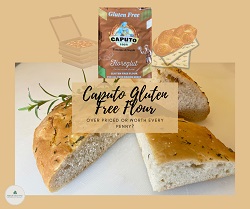
Can You Replace Eggs in Gluten Free Baking?
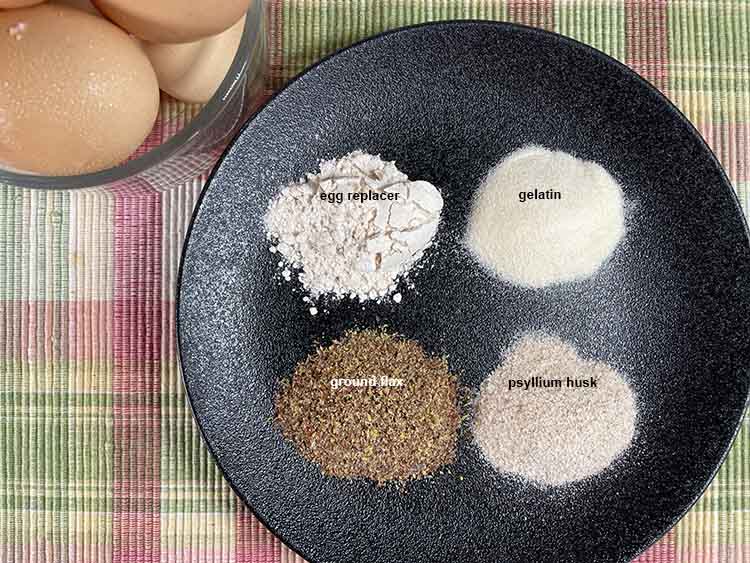
What if you’re vegan, or have an intolerance to eggs? Can you still enjoy gluten free baking?
Yes, you can. There are several ways to replace eggs in gluten free baking. Go here to learn How to Master Gluten-Free, Egg-Free Baking

Summary: Eggs and Their Role in Gluten Free Baking
To sum it all up, eggs are important in baking and play an extra special role in gluten free baking.
- Eggs are gluten free.
- Eggs are a healthy part of a gluten free diet.
- Eggs add moisture, structure and lift to gluten free baked goods.
- Gluten free baking recipes often have extra eggs.
- Egg replacers work well in gluten free baking but not as well as real eggs.
Sources
1. Should someone with celiac disease worry about eating grain-fed meat?: University of Chicago Celiac Disease Center. University of Chicago Celiac Disease Center |. (2017, May 18). https://www.cureceliacdisease.org/faq/should-someone-with-celiac-disease-worry-about-eating-grain-fed-meat/
2. CBC/Radio Canada. (2021, April 4). Are cheaper eggs just as nutritious as organic or free-run options? marketplace tested 14 brands to find out | CBC news. CBCnews. https://www.cbc.ca/news/marketplace/marketplace-egg-test-1.5971608
3. Egg nutrition information. Egg Nutrition - Official UK Information | Egg info. (n.d.). https://www.egginfo.co.uk/egg-nutrition-and-health/egg-nutrition-information#:~:text=Eggs%20are%20naturally%20rich%20in,and%20trace%20elements%2C%20including%20phosphorus.
4. America’s Test Kitchen. (2020). Gluten-Free Baking: Keys to Success. In How can it be gluten free cookbook collection: 350+ groundbreaking recipes for all your favorits (p. 16). essay.
